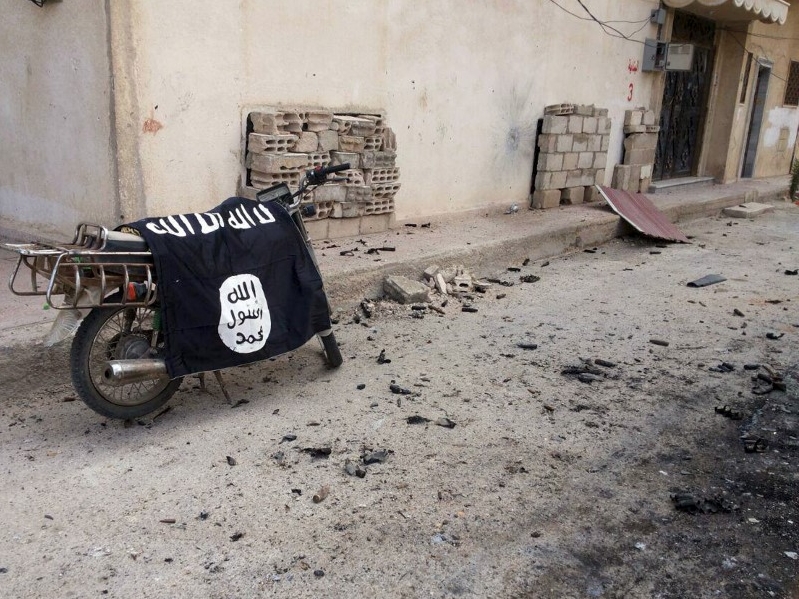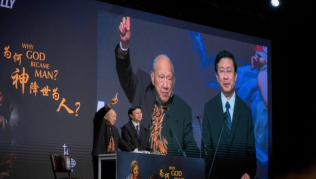
Islamic State insurgents have posted a video showing a 3,000-year-old temple being blown up at the Assyrian city of Nimrud in northern Iraq, in their latest assault on some of the world's greatest archaeological and cultural treasures.
The United Nations confirmed in a statement on Wednesday evening that satellite imagery showed "extensive damage to the main entrance" of the temple of Nabu, the Babylonian god of wisdom.
Nimrud was a 13th century BC Assyrian city, located 30 km (20 miles) south of the modern city of Mosul, which the hardline Islamic State militants seized control of in June 2014.
The date of the Islamic State video was unclear and Reuters could not independently verify its authenticity.
It also showed scenes of bulldozers razing the ancient Gate of Nergal, part of the historic Nineveh city wall in Mosul, which was reported earlier this year.
A bearded man in the video said that the destruction was meant to prevent Muslims from returning to idolatry. The group considers all pre-Islamic culture idolatrous, along with any religion outside its own radical interpretation of Sunni Islam.
As well as destroying Assyrian and Roman-era sites in northern Iraq, it blew up temples and other ancient buildings in the desert city of Palmyra in neighboring Syria. It is also suspected of raising funds from selling artifacts.
The latest evidence of destruction comes as the Iraqi army and Kurdish Peshmerga forces are preparing an offensive to retake Mosul with support from the U.S.-led coalition.
In the last two years archaeologists say Islamic State has inflicted incalculable damage to historic sites which they say form part of the world's shared history.







